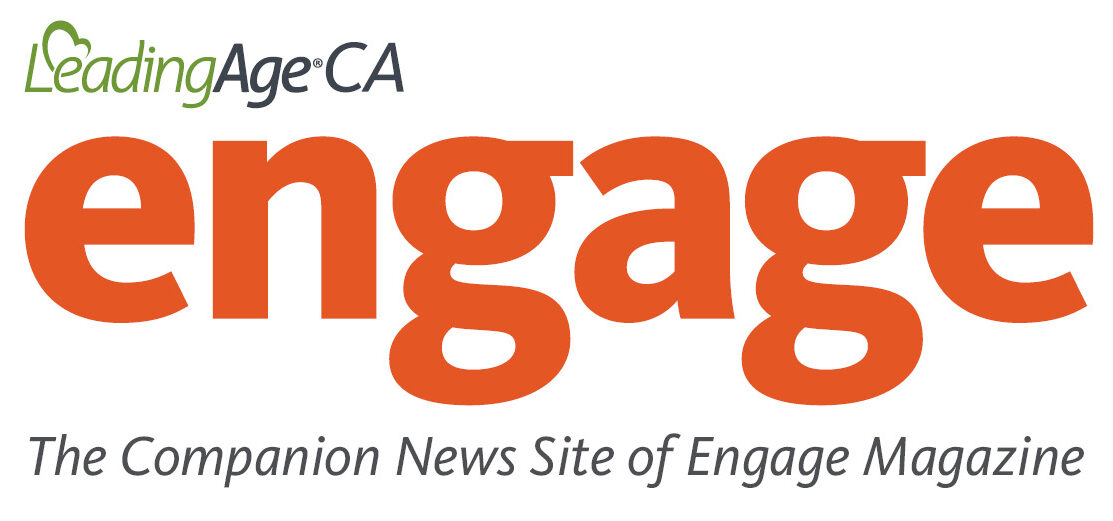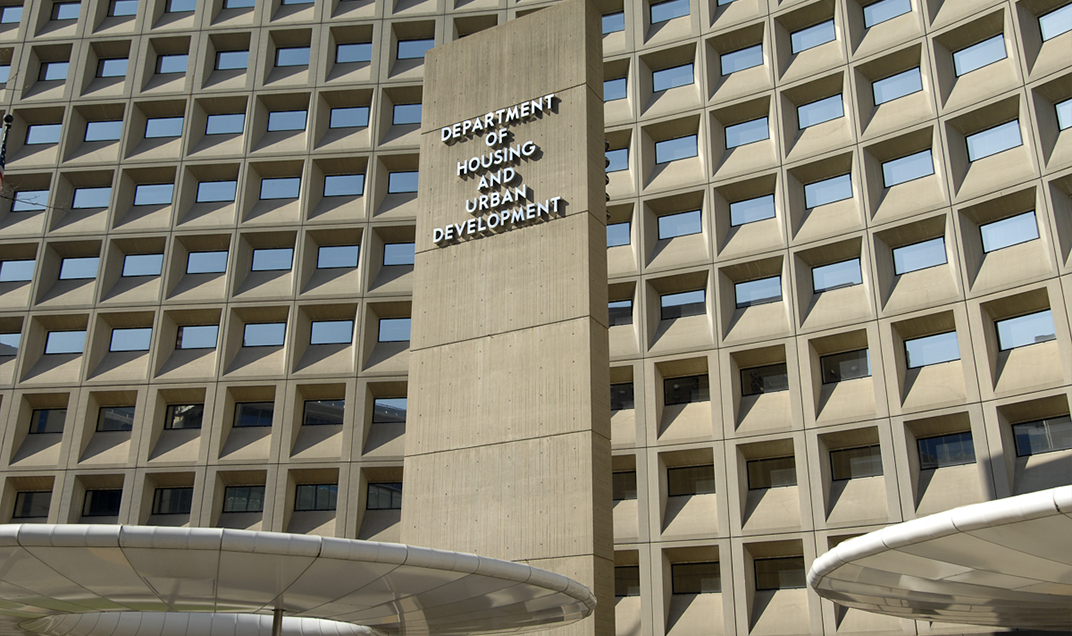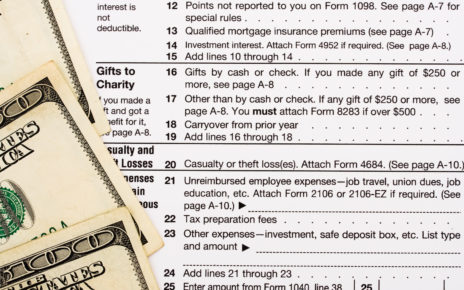From Colleen Bloom, LeadingAge’s Director of Housing Operations:
HUD issued on May 10 a proposed “Verification of Eligible Status” rule – a seven-page document published in the Federal Register at https://www.govinfo.gov/content/pkg/FR-2019-05-10/pdf/2019-09566.pdf – and is seeking comments by July 9.
As discussed in LeadingAge’s May 17 article entitled “Proposed HUD Rule Could Force Older Adults out of Affordable Housing,” LeadingAge is concerned that the proposed rule would require non-citizens who are 62 years old and older, who currently are only required to provide a signed declaration of eligible immigration status and a proof of age document, to submit immigration documentation and prove that they have eligible immigration status. It would also require citizens over age 62 to provide proof of citizenship documents, if they have not already done so.
LeadingAge is preparing to submit commits urging HUD to rescind the proposal in its entirety. We are seeking member feedback on this position and/or the proposed changes in documentation requirements and continuation of eligibility/assistance.
Summary:
HUD is proposing to change current policies to eliminate the continuation of prorated assistance to “mixed-status families” and require at least one document evidencing citizenship or eligible immigration status for all current residents and applicants to receive assistance, even for persons over age 62.
This would mean a change in eligibility documentation requirements for everyone and end the eligibility for assistance related to immigration status for mixed-status families, effectively requiring existing households to remove members who cannot prove eligibility or lose assistance for the entire family/household in covered Section 8 programs (but would not change anything in PRAC programs, as citizenship is not required).
Mixed-status families are households that include both members who are eligible and ineligible (or have not provided documentation to verify their eligible status) for housing assistance based on their immigration status. Currently, both statute and regulation allow families to live together in Section 8 subsidized housing even if one family member is ineligible so long as the housing subsidy is decreased (or prorated) to exclude the ineligible person from the assistance.
However, as described in the proposal: “HUD believes that an individual without verified eligible status living in a mixed household receiving long-term prorated assistance is benefiting from HUD financial assistance in a way that is prohibited by Section 214.” Likewise, HUD asserts that “prorated assistance of unlimited duration is inconsistent with statutory intent.”
Proposed Provisions Impact on Residents:
Upon implementation of the proposed policy, and at the time of next annual certification, continuation of prorated assistance would be prohibited, and no family would be eligible for assistance unless every member of the household residing in the unit is determined to have eligible status.
This means that all household members who, regardless of age, do not already have verified eligibility status would need to either produce documentary evidence of citizenship or eligible immigration status, or risk termination of assistance for the entire household.
While it is common practice for housing providers to obtain copies of birth certificates already as proof of age status, something that must be collected to verify eligibility in senior housing, I am less clear which of these proposed documents will be readily available to current residents: “(i) A U.S. birth certificate; (ii) A naturalization certificate; (iii) A Consular Report of Birth Abroad (FS–240); (iv) A valid unexpired U.S. passport; (v) A certificate of citizenship; or (vi) “Other appropriate documentation, as specified in HUD guidance” [which is nowhere defined in the proposed rule]. Italics ours.
Similarly, in mixed-status households, individuals currently not contending eligible immigration status would be required to provide verifiable documentation of eligible status, or the household would lose all assistance and be required to pay the market (unassisted) rent in the unit or leave.
Issues to Consider:
By HUD’s own analysis, this change in policy is expected to result in the voluntary move-out of mixed families or the family’s eviction over time for non-payment of the full (unassisted) rent.
Please submit your comments as soon as possible to cbloom@leadingage.org, but no later than June 17, so that we can compile them. And/or submit your comments directly to Regulations.gov at https://www.regulations.gov/document?D=HUD-2019-0044-0001 by July 9.



